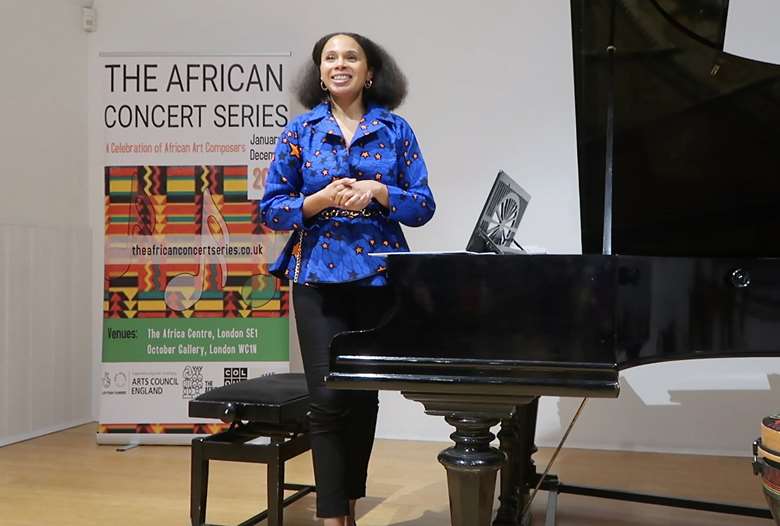Rebeca Omordia on this year's African Concert Series
Susan Nickalls
Monday, February 7, 2022
Susan Nickalls talks to Rebeca Omordia about this year's African Concert Series and the journey of musical discovery which led her there.


Register now to continue reading
Don’t miss out on our dedicated coverage of the classical music world. Register today to enjoy the following benefits:
- Unlimited access to news pages
- Free weekly email newsletter
- Free access to two subscriber-only articles per month